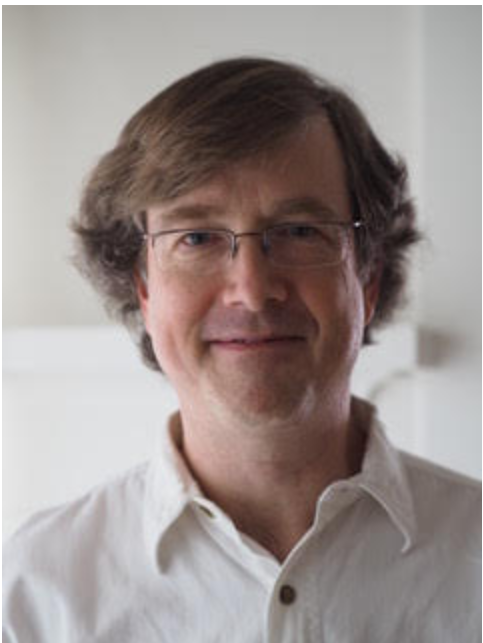Happenings Around the Hermitage
Ajahn Kovilo departed the Hermitage last week to return to his undergraduate studies at the Dharma Realm Buddhist University in Ukiah, California. Our community enjoyed his visit and wishes him well in his studies. Ajahn Cunda and Venerable Nisabho continue to be on their winter retreat, walking almsround on weekdays and receiving alms at the Hermitage on the weekends. Ajahn Sudanto will return to the Hermitage from Abhayagiri Monastery around March 1 to continue his sabbatical.
Welcome to the New Sanghata Board Members
The Sanghata Board members serve as stewards helping the community provide the requisites for the monks at the Hermitage. Two new members joined the board in 2020, Jay Harrington and Jessica Swanson. Jay lives in Seattle, and has been visiting the Hermitage since 2010. He will serve as the Treasurer. Jessica is a longtime supporter of Portland Friends of Dhamma. During her role as a board member there she helped make the Pacific Hermitage a reality, and served as the first dana coordinator. Welcome to the board Jay and Jessica!
With the new members, the board is now comprised of Scott Benge, Anna Siebenborn, Jay Harrington, and Jessica Swanson. Many thanks to Dave Forslund, Carol Melkonian, Krissy Martin and Debie Garner for their past service on the board.
Just a Reminder
The new meal offering protocols, are in effect through April 2, if you are planning a meal offering, please review the procedures here. If you have any questions, please reach out to the dana coordinator, Chevy at dana@pacifichermitage.org.
Connecting with the Sangha
Have you joined the Hermitage Conversations yet? On December 15, the Venerables began offering twice-weekly livestreamed conversations, Tuesdays at 6:30 p.m., and Fridays at 7:00 a.m. The conversations bring together discussions of suttas with answers to your practice and Dhamma questions. From January 22 until April 9 the venue will change slightly on Friday mornings with Venerable Nisabho offering Dhamma Talks followed by a Q and A.
The Venerables Discuss:
The Worldly Winds & Wanting to Be Liked
[Selected excerpts from Hermitage Conversations with Ajahn Cunda, Ajahn Kovilo, and Tan Nisabho, 12.29.20 ]
The way the Buddha talks about wanting to be liked is in terms of the Worldly Winds, seeking praise and avoiding blame. These are worldly qualities – the Buddha didn’t say go and seek as much praise as you can and make sure everybody likes you. We need to be careful with this tendency to seek praise because we’re yearning for something that’s external and very conditional.
The Buddha talks about four pairs of Worldly Winds: pain and pleasure, fame and disrepute, gain and loss, praise and blame. In terms of wind being used as a metaphor, the Buddha would sometimes refer to a well practiced person like a strong, firm rock that is not blown around by the wind. Someone who’s not practicing doesn’t have a firm basis in wholesomeness or inner integrity and they can get blown away like a weak tree that doesn’t have deep roots.
It’s interesting that praise and blame and fame and disrepute are listed separately. It’s significant that the Buddha dedicated two pairs of these winds to qualities that seem quite similar to each other. I think he did this because they are such powerful motivators. We can look at pleasure and pain and gain and loss as more important qualities, but for many of us, praise and blame accesses a deep primal urge to be accepted, and it’s not any less than the others pairs.
I remember once when I was in a small monastery in Thailand, I felt very lonely and full of blame for about a year. And I found that practicing metta was one of the few things that really helped me. There is a natural tendency to think that approval is what is needed to alleviate a blame worthy feeling, but I found what really alleviates it is giving love, even to oneself. It might seem like a hole that needs to be filled from outside of ourselves, but when practicing metta we can alleviate feelings of loneliness [and blame] by giving to ourselves and others.
[In the Ajahn Chah tradition] there’s a real encouragement to help others. It is something that is quite beautiful and a cornerstone of the tradition. For example, monks will often take the position of being an upatak which in pali literally means “to stand close by.” In the Thai Forest tradition, this comes in the form of serving one’s elders, or preceptor, or others who have been in the robes awhile. But we can also think of this with serving our parents or friends. It is about being very attentive, circumspect and heartfelt while caring for another person.
When we are upataking, we may receive a lot of praise. And in some cases, rather than thinking we can automatically transcend praise and blame, we can, instead, incline our minds to receive praise by the wise for praiseworthy things. One of the reasons the Buddha places such a strong emphasis on good friendship is because this is what good friends do; they praise and encourage us in the right ways. So there is a wholesome way to receive praise without trying to seek it out.
Once I asked Luang Por Pasanno how he was able to deal with making unpopular decisions. I was specifically asking about how he dealt with being disliked or blamed by people who weren’t able to get their way due to a decision he had made. He answered: “That’s easy; I just think of all the suffering that is involved [when I make myself the subject of another person’s blame or anger] and I ask myself: ‘why would I want to be associated with that dukkha?’ And then I see clearly that I wouldn’t want to be, so I drop it.” It’s quite unpleasant to be worried about other people liking us or not getting enough praise. So that’s another way to think about it: the dukkha associated with wanting people to like us.





